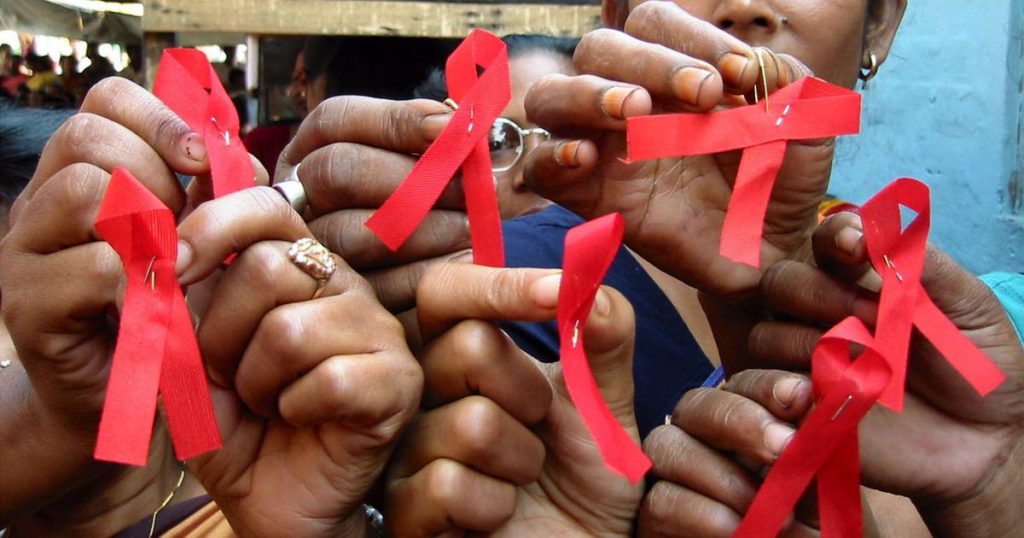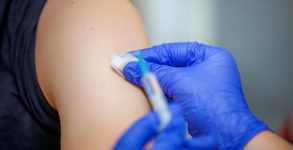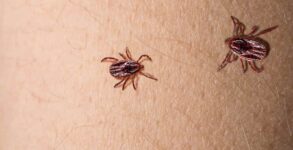‘London patient’ has become second person to be cured of HIV
In what can be seen as milestone in AIDS epidemic, a patient in London has become the second person to be cured of AIDS (publicly the scientists are describing the case as a long term remission). Last such case was recorded 12 years ago in Berlin. The London patient, infected with HIV and suffering from Hodgkin’s lymphoma, received bone marrow cells as part of his cancer treatment in 2016 from a donor who had a malfunctioning CCR5 gene. The gene is known to create a protein that is crucial for HIV to invade white blood cells. In September 2017, he stopped taking the drugs that had kept his virus in check for the previous five years.
New drug for treating post partum depression
Depression in new mothers is a common but often neglected condition. The US Food and Drug Administration on Tuesday approved an injection branded Zulresso that is made by biotech company Sage Therapeutics. The drug, known as brexanalone, treats people who experience depression after giving birth, a condition known as post-partum depression (PPD). The drug is given in the form of injection in an approved medical facility (due to side effects like dizziness and loss of consciousness). The biggest advantage is that unlike typical antidepressants that take few weeks to take effect, this drug shows effect in just 24 hours. However there is concern that few will be able to afford it given estimated cost is $34,000 per patient. Now efforts are on to make the drug cheaper and more accessible in pill form.
Danish research further dispels doubts about link between MMR and autism
In the wake of global measles outbreak, another major study offers further reassurance that there is no link between MMR vaccination and autism. The paper published in the journal Annals of Internal Medicine involves 6,517 cases of autism, the biggest number to date, among 650,000 children on the Danish population registry, followed over 10 years. The researchers specifically sought to address the anti vaccine lobby and asserted that the study was worth carrying out even though it had already been shown that there was no link.
World’s smallest baby boy goes home healthy in Japan
Baby boy weighing just 268 grams at 24 weeks gestation has been finally released from hospital in Japan with a healthy weight of 3,238 grams. The boy was born via emergency caesarean section as his weight stopped increasing after 24 weeks gestation and the doctors determined his life was in danger. The boy was treated for several months at Keio University hospital. There have been 23 babies worldwide who survived after having been born prematurely and weighing under 300 grams, out of whom only four were boys, according to the Tiniest Babies Registry website.
Easier detection of eye surface cancer
Australian Research Council (ARC) Centre of Excellence for Nanoscale BioPhotonics (CNBP) has developed a new automated non invasive technique for diagnosing eye surface cancer. This has great potential to reduce need for biopsies and speed by diagnosis and treatment. This is also vital since Clinical symptoms of ocular surface squamous neoplasia (OSSN) are known to be variable and in early stages can be extremely hard to detect. The researchers are now aiming to make system workable in a clinical setting.
Spray on nanofibre ‘skin’ can now treat burns and wounds
Israeli developed spray on skin device can effectively treat burns and wounds without pain and peels off naturally as soon as the skin under it has healed. This innovation is vital even for medical staff given its easy usability, its efficiency in fending off infection and shortening the time period for healing compared to traditional dressing methods.
Gene editing experiment in China might have enhanced twins’ cognitive function
The controversial gene editing experiment that made twin girls immune to AIDS before birth, may have also had a positive effect on their cognition and memory. This is due to deletion of gene called CCR5 and it could lead to greater success in school. The experiment has however been controversial and concerns are being raised whether CRISPR technology could one day create super intelligent humans.
Precision medicine for cancer
Scientists from University of Chicago have discovered a way to view the immune cell “landscape” of bowel cancer tumours, paving the way towards more individualised medicine and treatment for many other diseases in future. The technology is expected to be used for a number of different diseases as well. It is being referred to as personalized or precision medicine since each patient’s tumour can be looked at with incredible detail.


















